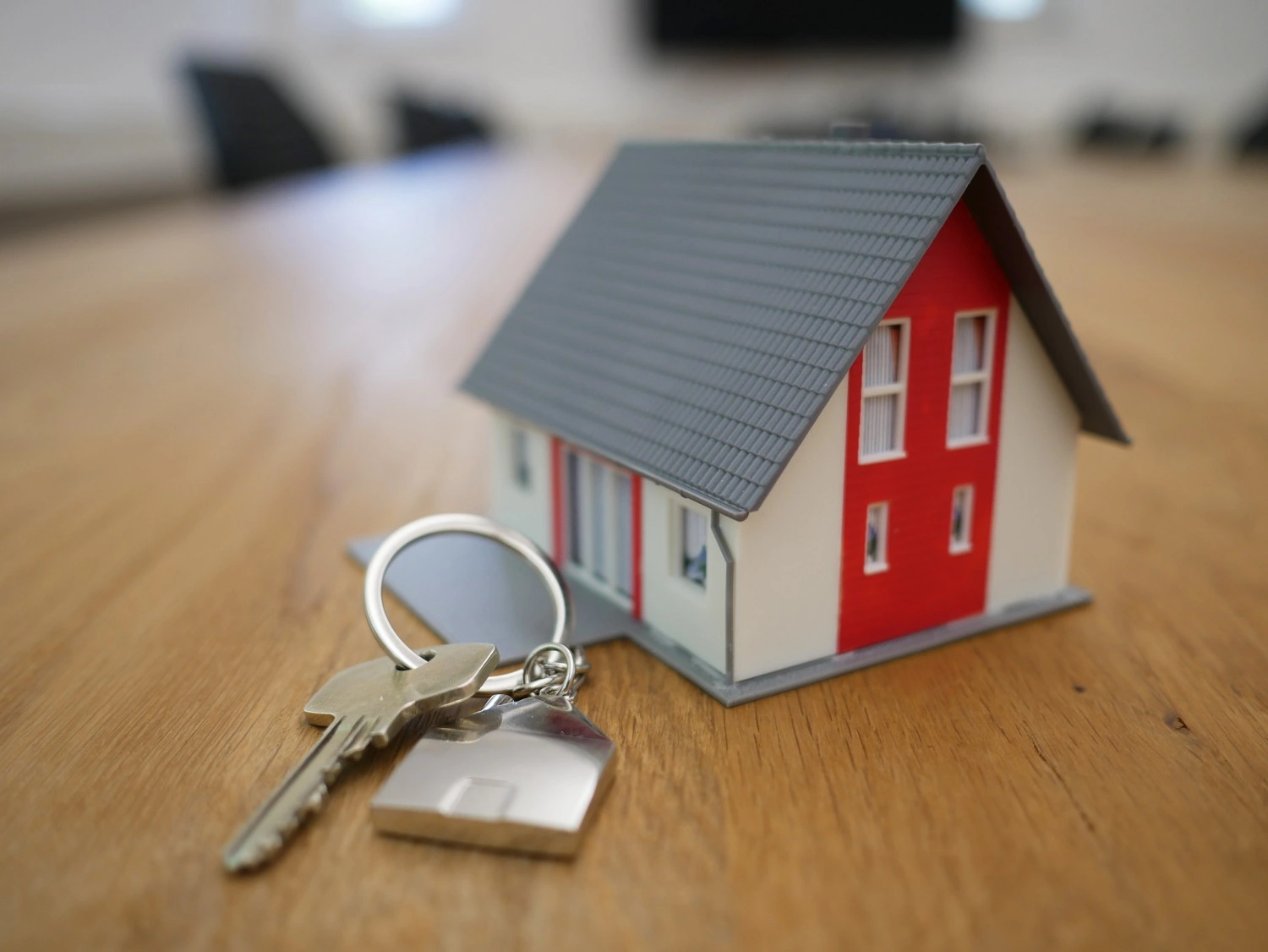How to Cope With Forecast Increases of £1,300 in Average Mortgage Repayments

Our recent in-house market research indicates that average mortgage repayment costs will jump by £1,300 by the end of the current year, but there may be a silver lining at play.
Households with a mortgage are now paying 56% more than they did ten years ago, with another potential 8% uplift anticipated by December.
In this article, we explain the figures when comparing average expenses a month for paying back a mortgage product calculated against UK property sales values.
How Much Does it Cost to Buy a Home in 2022?
Our investigation assumes that a homebuyer will pay a 15% deposit (the average) and apply for a mortgage product over 25 years, with interest calculated on the standard variable interest rate while adjusting for inflation.
In 2022 thus far, average sale prices have hit £278,071 and would require a £41,711 down payment to make up a 15% deposit. In this climate, buyers need to borrow £236,360 of mortgage lending.
Average variable rate mortgages carry interest of 5.17%, working out at a monthly repayment cost of £1,405.
When we include inflation, buyers spend 26% more than just five years before, at £1,115 a month, and 56% more every month than the average £899 repayment a decade ago.
Why Has the Cost of Buying a Home Increased?
One of the key cost drivers is that the actual price of buying a property has leapt by 26% in the past five years or by 65% in ten years.
In contrast, standard variable mortgage rates have risen by 0.95% in a comparable decade. Hence, the increased cost of purchasing a property isn't solely due to interest rates (as many believe) but is far more attributable to increased housing valuations.
Predicted further increases in costs over the next few months may mean that mortgage repayments continue on an upward trend, at least in the medium term.
Economists expect UK property values to drive upward by another 2.3% before the end of 2022, accompanied by hikes in interest rates of approximately 0.5%.
The interesting factor is that in the five years before, interest rates rose by 0.16% in total, so the recent peaks in the base rate of 0.95% eclipse those of several previous periods.
If these forecasts turn out to be accurate, a homeowner on an average variable rate product could see their repayments grow by another £107 a month, by 8% to £1,512 - adding an extra cost burden of £1,300 per household per annum.
Support With Rising Mortgage Repayment Costs
There isn't much doubt that the months ahead will continue to be high pressure for borrowers without any indication that house prices will slump or mortgage interest rates will begin to detract.
First-time buyers will likely need a higher deposit and a larger monthly budget - or to hold back or revisit their selected property acquisition.
Existing property owners paying their mortgage finance on a variable rate product may also need to contact their lender to verify expected repayment values or discuss repayment relief if the amounts involved are problematic.
The silver lining we mentioned earlier is that property housing values have continued to rise while interest rates will eventually decline and fall back close to the national target.
Homeowners may have opportunities to remortgage or refinance and find that their mortgage debt - while more expensive - now comprises a much smaller proportion of their property market value.
Related Posts
Ask the Expert
Mortgage Brokers


_7779.jpg)

